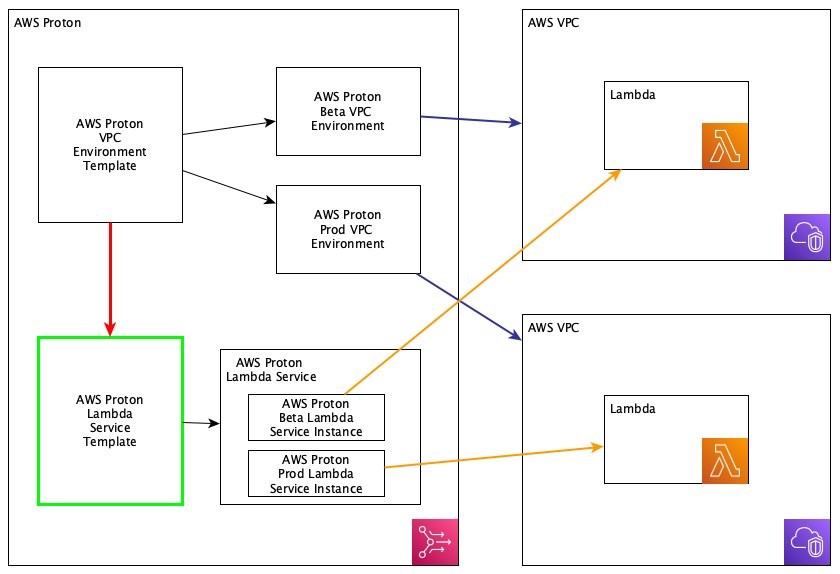Containers
Category: Compute
Introducing Amazon ECS Exec to access your Windows containers on Amazon EC2 and AWS Fargate
Today, we are launching the Amazon ECS Exec functionality for Amazon Elastic Container Service (Amazon ECS) customers running Windows containers on Amazon Elastic Compute Cloud (Amazon EC2), AWS Fargate or Amazon ECS Anywhere. This feature enables you to run commands in or get a shell to a container. In this blog post, we will walk […]
Amazon EBS CSI driver is now generally available in Amazon EKS add-ons
Introduction To provide workloads with optional persistent storage, Kubernetes implements volume lifecycle operations and supports various types of storage for use with these operations. Currently, storage provider–specific code is kept in the Kubernetes project source code, which is referred to as in-tree. This code is complex to maintain and release, and is tied to the […]
Managing Pod Scheduling Constraints and Groupless Node Upgrades with Karpenter in Amazon EKS
Feb 2024: This blog has been updated for Karpenter version v0.33.1 and v1beta1 specification. About Karpenter Karpenter is an open-source node lifecycle management project built for Kubernetes. It observes the aggregate resource requests of unschedulable pods and makes decisions to launch new nodes and terminate them to reduce scheduling latencies and infrastructure costs sending commands to […]
AWS Proton Terraform Templates
At re:Invent 2020, AWS launched a new service, AWS Proton, aimed at helping automate and manage infrastructure provisioning and code deployments for serverless and container-based applications. At launch, AWS CloudFormation was the only option available to customers for provisioning their infrastructure through AWS Proton. Supporting HashiCorp Terraform is currently the most upvoted item on our public […]
Streaming Kubernetes Events in Slack
IT operations teams know that detecting an issue early on can help them avert downtime and cascading failures. Many teams stay on top of infrastructure events by using built-in alert management capabilities in monitoring tools such as Prometheus and Amazon CloudWatch. However, these alert rules are configured centrally in monitoring tools, and engineers often receive […]
MYCOM OSI’s Amazon EKS adoption journey
This post was co-written by Dirk Michel, SVP SaaS and Digital Technology at MYCOM OSI, and Andreas Lindh, Specialist Solutions Architect, Containers at AWS. In this blog post, we will discuss how MYCOM OSI was able to lower costs and improve the flexibility of their Assurance Cloud Service (ACS) SaaS platform and bring-your-own-cloud (BYOC) option […]
Bottlerocket support for NVIDIA GPUs
Today, we are happy to announce that Bottlerocket, a Linux-based, open-source, container-optimized operating system, now supports NVIDIA GPUs for accelerated computing workloads. You can now use NVIDIA-based Amazon Elastic Compute Cloud (EC2) instance types with Bottlerocket to accelerate your machine learning (ML), artificial intelligence (AI), and similar workloads that require GPU compute devices. This release […]
Running critical workloads with Amazon EKS and AWS Fargate at Generali Italia
This blog was co-authored by Matteo Generali, Head of Digital Factory – Generali Italia; Andrea Caligaris, Claims & Health applications development lead – Generali Italia; Lorenzo Micheli, Senior Cloud Infrastructure Architect – AWS Professional Services; and Ettore Trevisiol, Cloud infrastructure Architect – AWS Professional Services. Who is Generali Italia? Generali Italia is one of Europe’s […]
Three things to consider when implementing Mutual TLS with AWS App Mesh
NOTICE: October 04, 2024 – This post no longer reflects the best guidance for configuring a service mesh with Amazon ECS and Amazon EKS, and its examples no longer work as shown. For workloads running on Amazon ECS, please refer to newer content on Amazon ECS Service Connect, and for workloads running on Amazon EKS, […]
Diving into IAM Roles for Service Accounts
A common challenge architects face when designing a Kubernetes solution on AWS is how to grant containerized workload permissions to access an AWS service or resource. AWS Identity and Access Management (IAM) provides fine-grained access control where you can specify who can access which AWS service or resources, ensuring the principle of least privilege. The challenge […]






